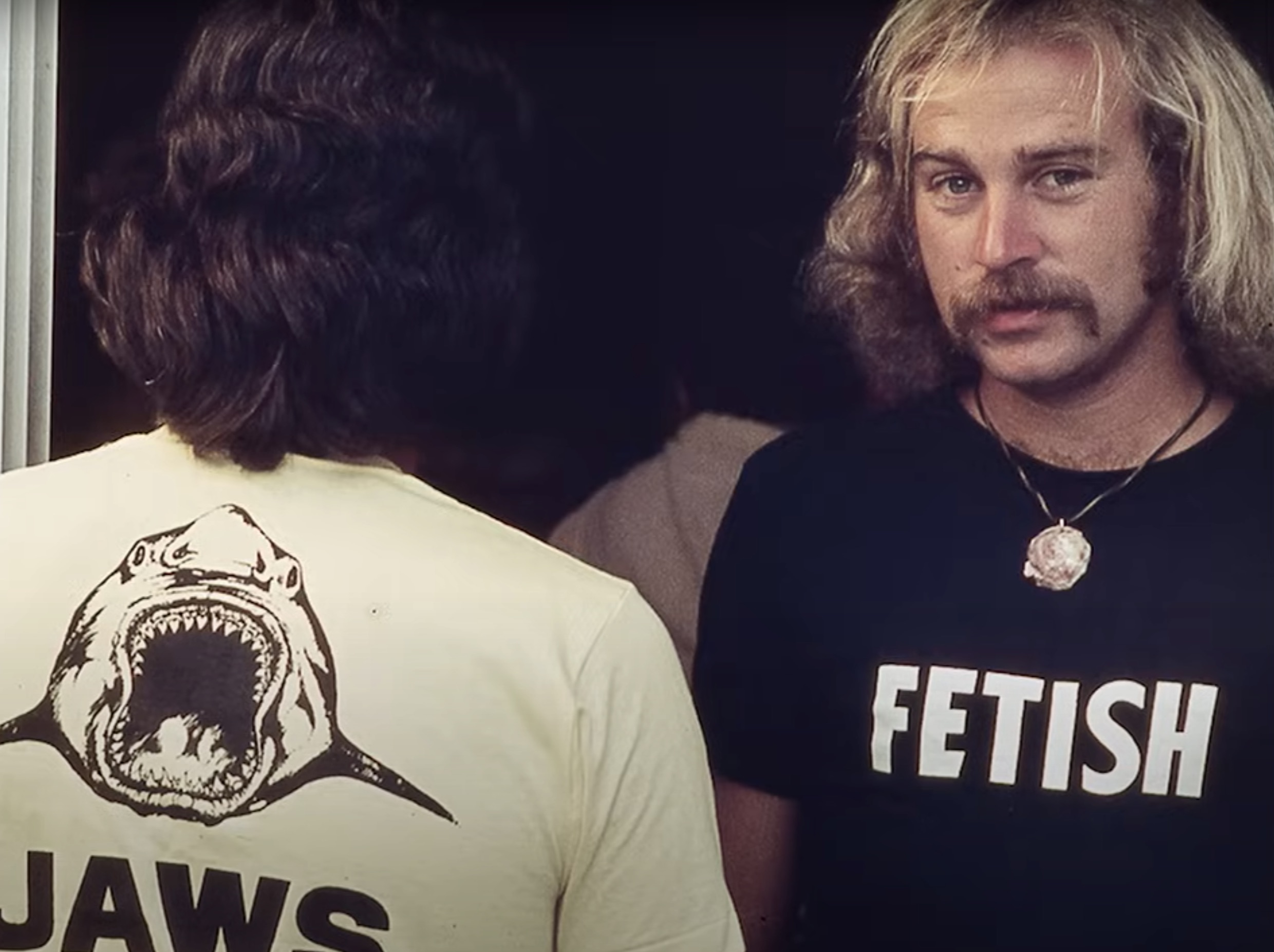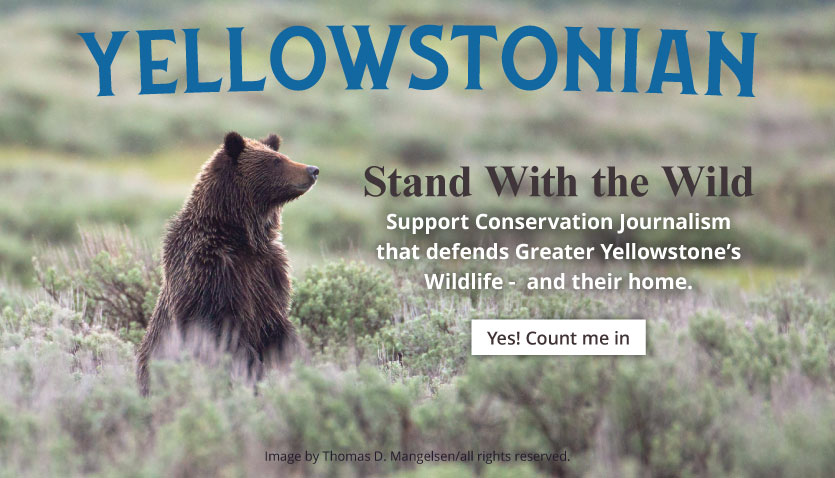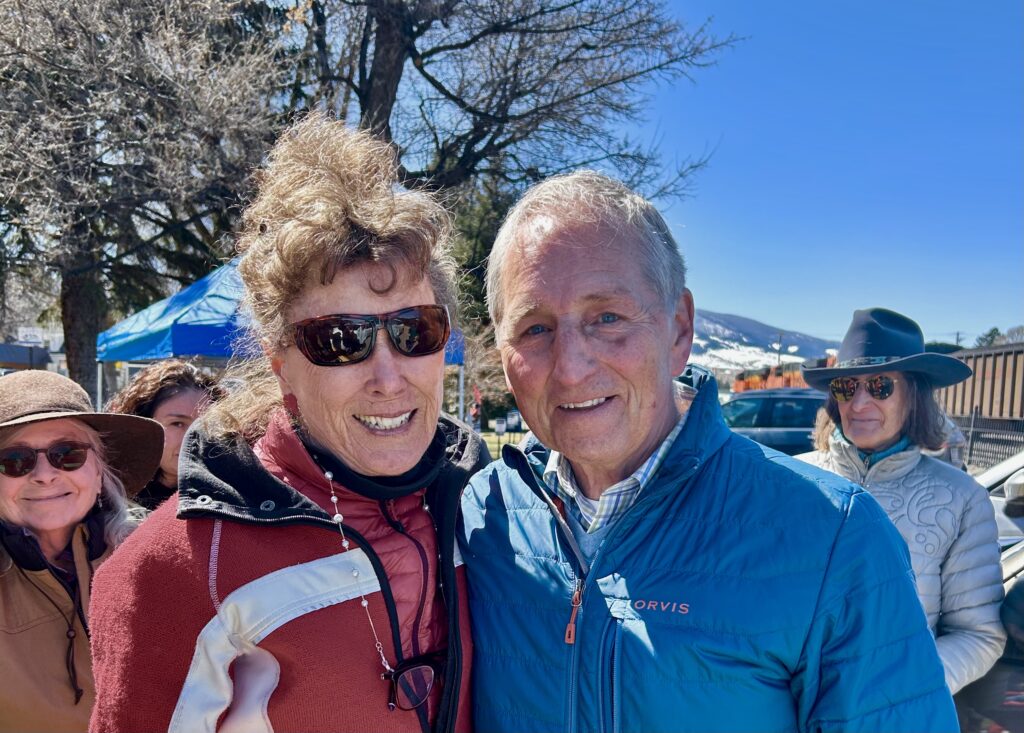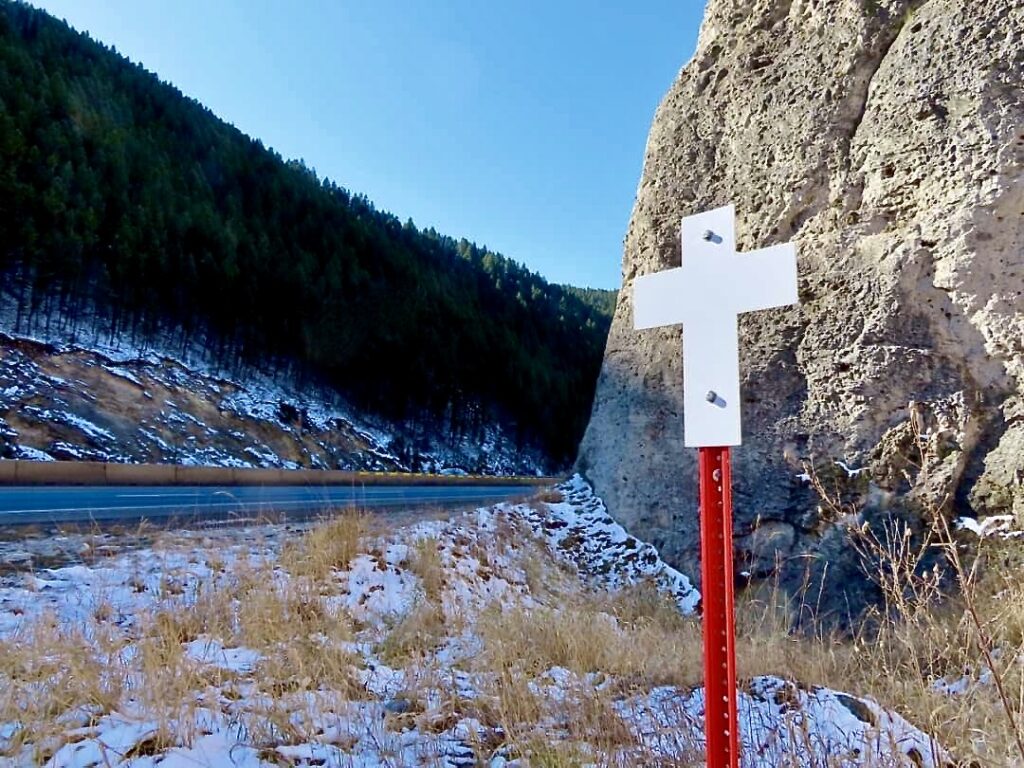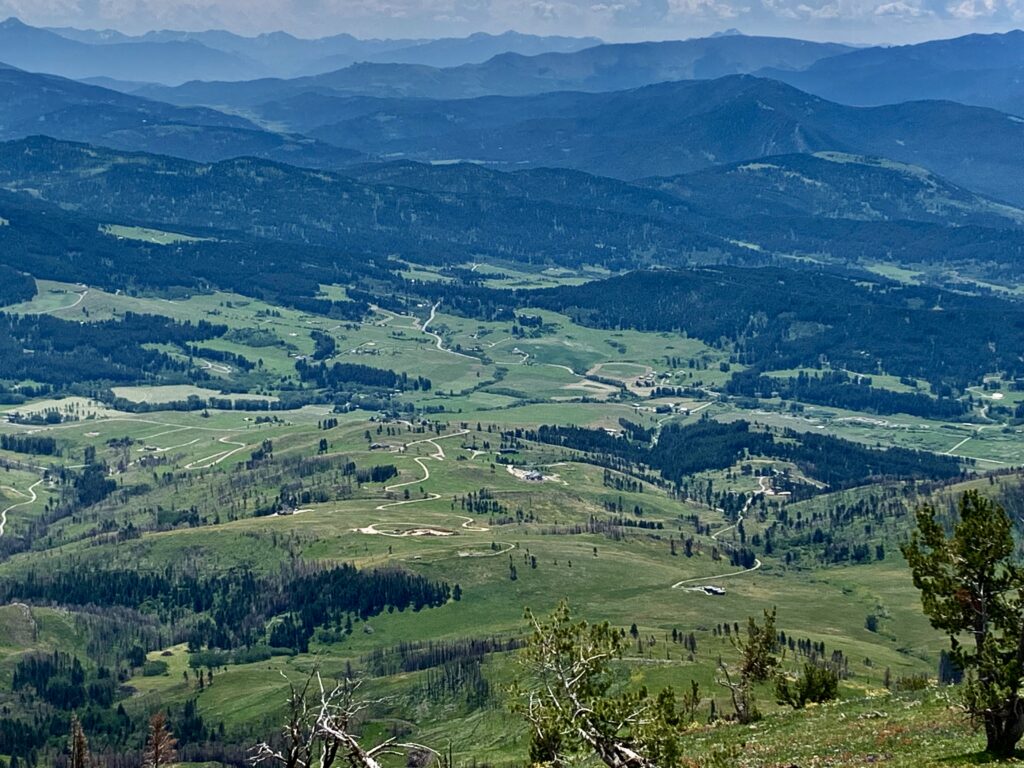“How do you know what’s enough until you find out what’s too much.”
—Writer Thomas McGuane
by Todd Wilkinson
Tom McGuane, Jimmy Buffett, Jim Harrison, Richard Brautigan and Guy de la Valdene. Add in Russell Chatham, William “Gatz” Hjortsberg, Carl Hiaasen, with regular contributing merrymaking and derring-do from their good pals Tom Brokaw, Yvon Chouinard, George Plimpton and others.
The first four were writers and in the case of Buffett, a musical phenomenon about to soar. They descended on the island of Key West, Florida in the late 1970s and 1970s to fish and party. Today, only McGuane survives as a member of that extraordinary first quintette. The short flashback mini-documentary below, All That Is Sacred is presented by YETI. It is based on a film called “Tarpon” that never reached big screens, and is sure to fire nostalgia in Boomers and members of GenX; they, who came of age with all of the above representing a comet tail of American culture and outdoor adventure. As for youngsters reading this and watching the film, it’s a case study for why it’s never good to have your town featured by travel writers and touted to the world as the next cool place.
Many of the above, merely based on their elusive presence, gave Livingston, Montana an oversized mystique as a hub for literary figures, visual artists and actors. During their rise, there was a Key West-Paradise Valley axis that happened organically. None of them had ambitions of showing up in Livingston to be big fish in a small town; they were drawn to the rural setting because they could get away from limelight and fish and write and paint in reclusion and peace and, at times, engage in a variety of carnal delights. Their collective body of work in many different media speaks for itself, and the spirit never be recreated because it was the result of rare converging forces.
In the film, McGuane, Buffett and others lament how Key West’s discovery led to its transformation into a wreckage of industrial tourism that came at great cost to the essence of a once sleepy place that had also been a refuge for Ernest Hemingway and was, in its heyday, a helluva place to catch tarpon, permit and bonefish.
“[Richard] Brautigan was so famous,” McGuane says, “that The Beatles flew in to see him.”
But the quaintness got washed away by out of control commercialization—of the kind capable of destroying any place in this viral social media age. What happened to Key West ought to serve as a warning that in order to protect all that is sacred there needs to be limits imposed on human consumption of what makes places special.
Sit back and enjoy this sweet and bittersweet time capsule, celebrating people who shaped an era in their corner of Greater Yellowstone and south Florida. Giants, one and all. Notably, all are/were passionate supporters of wildlife and landscape conservation. For those too young to know, Buffett contributed several songs to the soundtrack of the film, Rancho Deluxe, set in Paradise Valley and performed one of his hits, “Livingston Saturday Night,” live on camera.
Added notes from the producers about the film, above:
In the late 60’s a group of poets, writers and musicians descended upon the lawless tip of the United States to pursue their love of literature and fishing (and cocaine and acid). Initiated by Tom McGuane – the prodigal son of American Literature in the 1970’s—his friends Jim Harrison, Richard Brautigan, Russell Chatham and Jimmy Buffett soon joined him. This crew and that era were captured on film by Guy De La Valdene and Christian Odasso in an obscure documentary called “Tarpon” in 1974. They went on to create some of the best art, poetry, novels, and music of their generation— but there will never be anything like Key West in the early 70’s.
If you were lucky to survive it. In Memory Of Jimmy Buffett and Guy De La Valdene, Jim Harrison, Richard Brautigan, Russell Chatham, Christian Odasso, Johnny McGuane and Nelson Walker and PENNY, BREEZIE & JUDY
Directed By Scott Ballew. Featuring (in order of appearance): Tom McGuane, Jim Harrison, Carl Hiaasen. Jimmy Buffett. Jaime Potenberg, Guy De La Valdene
Featuring (In order of appearance) Diana Odasso, Richard Brautigan, Thomas McGuane Jr., Johnny De La Valdene, and Laurie McGuane
Executive Producer Paulie Dery Producers Travis Rummel & Taylor Johns
Yellowstonian readers respond:
What Percentage Of Newcomers Are Clueless?
Thanks for posting the film this week. And good for YETI putting it together. Yea, when places are discovered they usually go to hell. The difference today, and why it seems so tragic, is because we are so mobile we don’t seem to learn the place. Those guys, because they fished the flats every day, knew the fish, the water…. So many second homes here means the residents are not grounded in this place. If they were, maybe they might treat it a little differently. Seems like people like Ted Turner understand that, and McGuane – and locals who understand why conservation is the only thing that can save this place. How to instill that in the part timers? If it can be.
Mass tourism doesn’t help. I pulled a woman out of the Gallatin yesterday who fell in fishing. Her guide comes up to help her— doesn’t look at me, doesn’t say thanks, not an f-ing word. He doesn’t get the link – just looking for the tip.
Jerry Johnson
Bozeman
Avoid Depictions While Wearing Rose-Colored Glasses—There Were Casualties
Key West was accidental alchemy that produced art, greed, and an attendant commercial abstraction that fits perfectly with the marketing of everything, even sentiment. The culmination is YETI littering the landscape with unneeded and indestructible plastic products glazed with cultural ennui. If that isn’t a statement of how we got here, then I don’t know what is.
Also remember that Buffett leveraged his get-drunk brand in all sorts of planet-damaging ventures, including cruise ships that damage the coral reef his band was named after. I’m not picking on him, but casting these guys as “crazy dropout artists” who never grew up, as the film does, requires selective memory and quite a bit of gloss. They became heroes of today’s fun hog culture now focused only one appeasing athletic self indulgence and commercializing everything. Eventually, all funhogs need to grow up and stop believing nature exists to be their oyster, there for the taking.
Anonymous
Emigrant, Montana
When We Go Fishing, And Turn It Into An Industry, What Are We Catching?
Coincidentally I watched that movie on my Delta flight back to Bozeman. I thought it was kind of sad—it’s depiction of what happened to Key West, its depiction of the lifestyles of the writers, and this is weird to say, its depiction of the whole idea of sport fishing where we get thrills out of watching big beautiful fish struggling at the end of a fishing line. It was kind of like the movie, “The Doors.” After watching it, I liked The Doors less than before I watched it. I like the writing of the writers but did their mystique make the places they were associated with better in the long run? I’m not so sure.
Anonymous
Livingston, Montana

